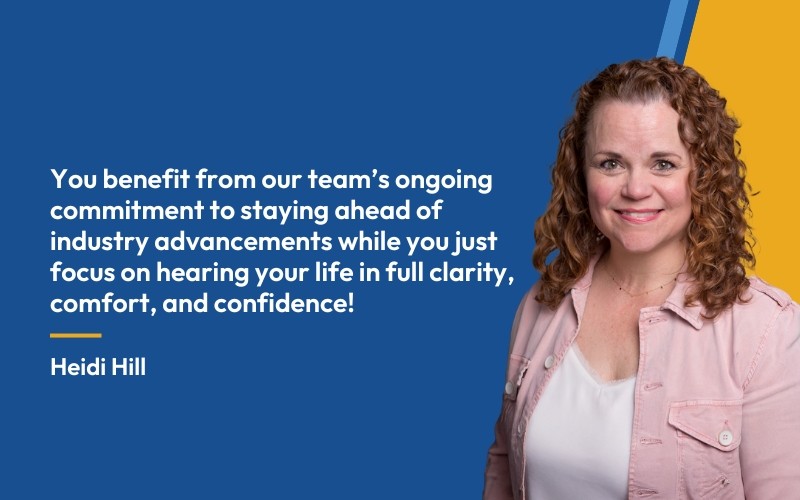Highly-Advanced Functional Hearing Testing
Helping Identify and Address the Root Cause of a Hearing Challenge
Tinnitus Assessments and Support Therapy
Reduce Tinnitus Impact and Regain Control with Habituation Therapy
Auditory Processing Disorder
Evaluations
Overcome Auditory Processing Challenges with Comprehensive Care

We are proud to serve patients not only from our local community but also from neighboring towns and even across state lines. Our reputation for expert care, advanced hearing solutions, and personalized attention has made us a trusted destination for those seeking the best in audiology.
Notice Regarding Insurance and Payment
At Hearing Health Clinic, we’ve chosen to be out-of-network with insurance plans so we can provide the kind of care that truly puts you first.
You pay us directly at the time of your appointment, and if you have out-of-network benefits, we’re happy to provide a detailed receipt (a “superbill”) to help you request reimbursement. HSA and FSA funds can often be used too.
This approach gives us the freedom to focus on what’s best for your hearing - not what’s dictated by insurance.
Want to learn more? Read our blog: Why We Don’t Take Insurance
*We do accept traditional Medicare.
As seen on Mr Beast
In 2024, we were invited to feature in Mr. Beast's viral video to help 1,000 people to achieve better hearing around the world. Through 'Hearing The Call' - we travelled to different parts of the world and achieved the goal, which has since had 175 million views. It's a pleasure to be part of helping the world to achieve better hearing.
























